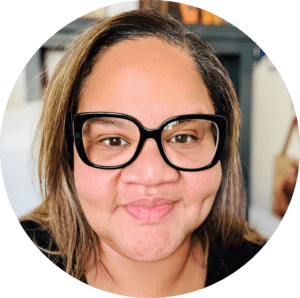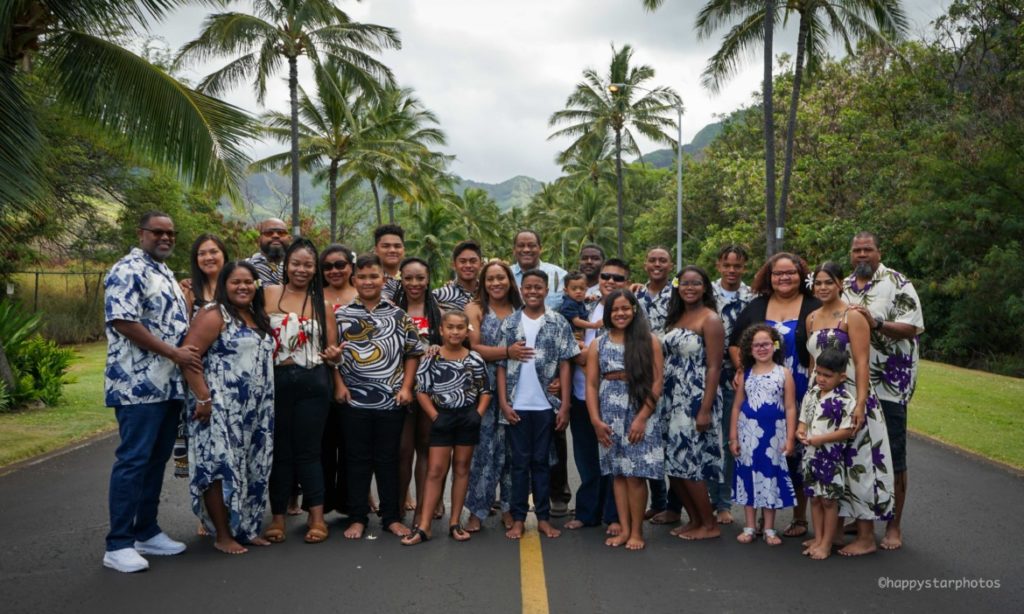Three Ways to Engage and Empower Families


Family engagement. There’s a term worth unpacking and then unpacking some more! At its most basic level in early childhood education, family engagement is about the ways teachers and programs communicate to and with families. Deeper, more robust family engagement is about the centering of families as they are and using their input to inform instructional decision-making and goal-setting. This can empower families to be active and involved in the program in meaningful ways. Here are three ways you can put families at the center of engagement.
- See families as they are, not as you wish them to be. If you are working to put families at the center of your engagement strategies (and you should), the first thing you must do is see them as they are. What does this mean? It means before offering your best suggestions for ways they can support their children’s learning at home, you should get to know families. Ask how they would like to communicate with you. Then talk with them in those ways (in person, by email, through two-way communication). Ask about their family’s culture. Then look for ways to visually include the cultures of the children and their families in the classroom. Ask about their hopes and dreams for their children. Then ensure the learning goals you set for children reflect those hopes and dreams. When you ask questions like these, you invite families to show you who they are.
- Create opportunities to use the cultural wealth of families. I’ve already mentioned visually representing the cultures of children and their families, but I haven’t yet discussed ways to more robustly use the cultural wealth of families to deepen the learning experiences of children in your program. Programs that actively seek out and embrace learning from families are able to create learning contexts that are responsive and meaningful to children. The cultural wealth of families includes their language, their values, and their lived experiences. We discuss this topic in detail in this recorded webinar. On the webinar, you’ll hear us talking about the ways children’s understanding of their selves, family, community, and place can be used in the early education classroom. We even get into the way the formative assessment process can be used to support developing meaningful partnerships with families in which everyone is working together to ensure that children gain optimal benefits from their early learning experiences.

Developing Strong Family Partnerships With Head Start Families
Engaging with families as partners is a critical component to providing high-quality care and education for young children. During this webinar, we will discuss how to forge strong family partnerships.
